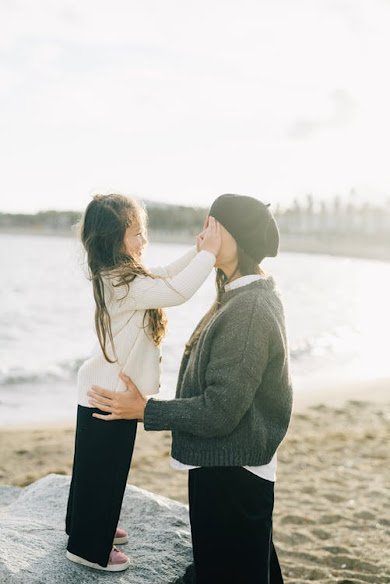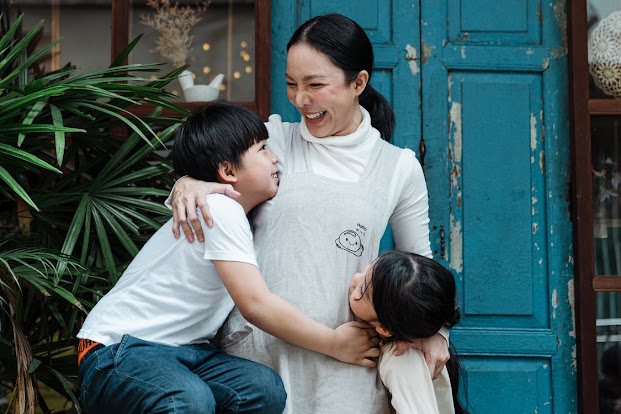Compassion is a natural human response to seeing others in pain or
distress. Children are capable of this too and there are ways that you can
build their compassion. For example, an independent school in London suggests that
parents spend time teaching their children about the different emotions that we
experience as people and why. Below is more on how you can deliver this lesson.
Understanding Body Language
As mentioned above, to teach your child about compassion you should ideally talk to them about the different emotions that we feel and why. Understanding this can help them to be better clued up about how others feel and become a better detector of body language. Only then can we make efforts to actually help.








